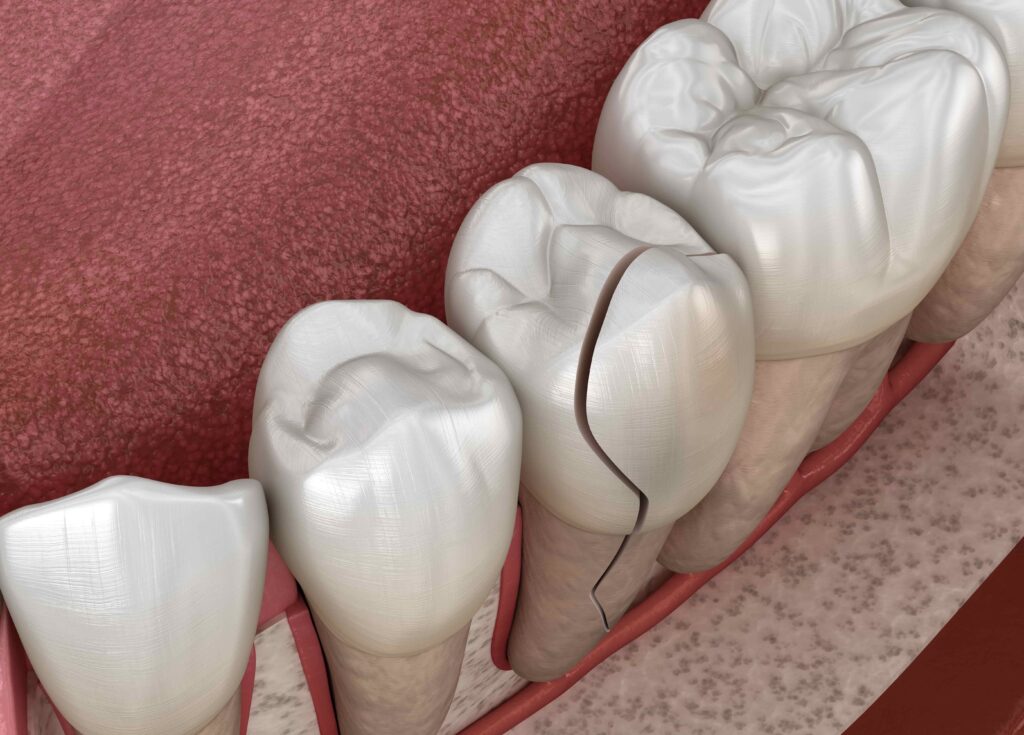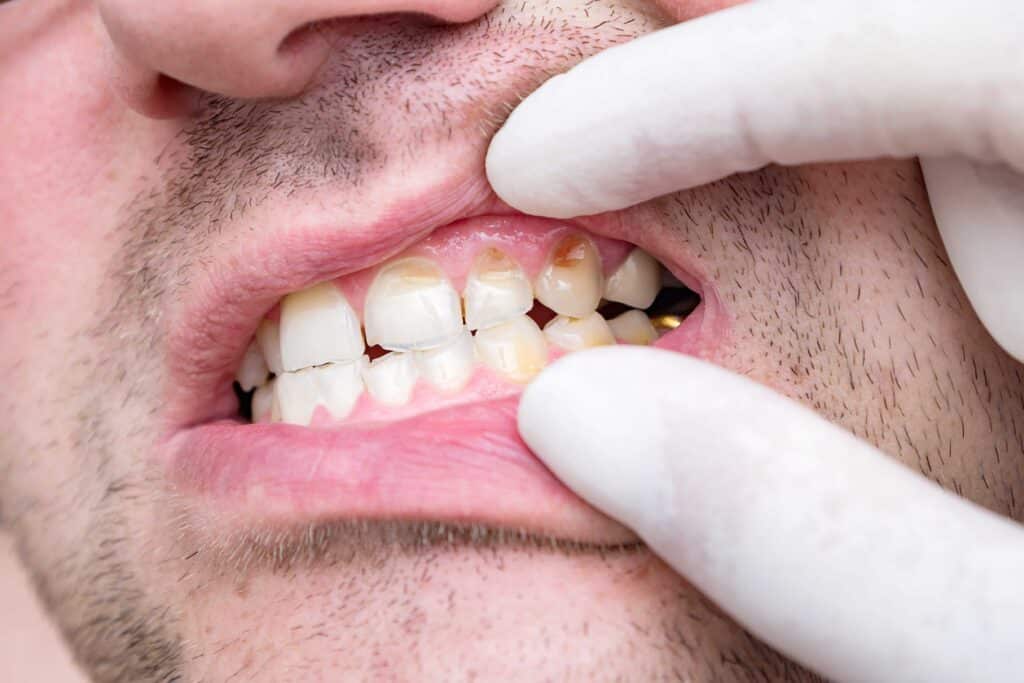Life is full of unplanned events. It doesn’t matter where you live or what your age is, a dental emergency can strike anyone at any time. What classifies as a dental emergency can vary between dentists but, in general, emergency dental covers:
- Broken teeth
- Severe tooth pain
- Infections
- Lost fillings
- Injuries to teeth and gums
When you contact your dentist, they will let you know what is considered emergency dental and what is general dental. While the type of injury or cause of the pain will determine how urgent the matter is, so too will the potential long-term damage if no action is taken. In other words, what could happen to your teeth if you don’t have immediate emergency dental care?
Let’s take a closer look at what dental issues are considered emergencies, what treatment you’re likely to receive and the potential damage if no immediate action is taken.
What is considered a dental emergency?
While we’ve already listed some of the most common dental emergencies, here is a detailed look at the cause and signs to look out for, as well as the treatment you should expect.
Severe Toothache
Cause and Signs
Toothaches can vary from throbbing pain to mild sensitivity when eating or drinking. A toothache should not be ignored as it is usually a sign of infection or tooth decay. You may also experience swelling or high temperatures as a result of the issue.
Treatment
It’s best to see a dentist straight away. If you can’t arrange an immediate appointment, over-the-counter painkillers should help alleviate some of the pain.
Cracked/Chipped/Knocked Out Teeth
Cause and Signs
Most cases of broken, knocked out or chipped teeth occur during sporting or recreational activities. These can be quite painful and shouldn’t be ignored. If left untreated a broken tooth can become infected. If the tooth is knocked out, you should seek emergency care within two hours to see if the tooth can be re-fitted in the socket.
Treatment
As mentioned, you should see a dentist as soon as possible. They will decide whether your broken tooth can be repaired or should be removed and replaced.
Lost Fillings or Crowns
Cause and Signs
You may lose a filling or crown from something as simple as eating. A chewy or crunchy piece of food can dislodge a filling. Older fillings are more likely to become dislodged and if not treated, the tooth can become prone to decay.
Treatment
If a filling, crown or bridge has fallen out, it’s essential to book an emergency dental appointment.
Mouth Injuries
Cause and Signs
Injuries or soreness around the mouth and gums can be caused by broken braces or even undetected decay. Check your gums for any bleeding or swelling. If you notice any pus between the gums and teeth it could be an abscess forming.
Treatment
Any damage to braces or orthodontic equipment should be attended to urgently as they can have sharp points and are likely to cut your gums. If you suspect you have an abscess, book an emergency appointment.
What can happen if you delay emergency dental care?
Any delay in dental emergencies will not only prolong the pain for the individual but can also cause potential long-term issues. Decay in one tooth can spread to other teeth and the gums. If it forms an abscess, it will be quite painful. Ignoring the warning signs can result in permanent damage and may mean you’ll need teeth removed. When you weigh up the cost of dentures or replacement teeth, you’ll wish you’d paid a visit to the dentist straight away.
If you’re experiencing any pain around the mouth, gums or teeth, contact Applecross Dental Care and ask about our Emergency Dental Care. We know how painful dental emergencies can be and we’ll do everything we can to get you an appointment and immediate care.
If you have any questions or want to find out if your issue qualifies for emergency care, call our team today.



